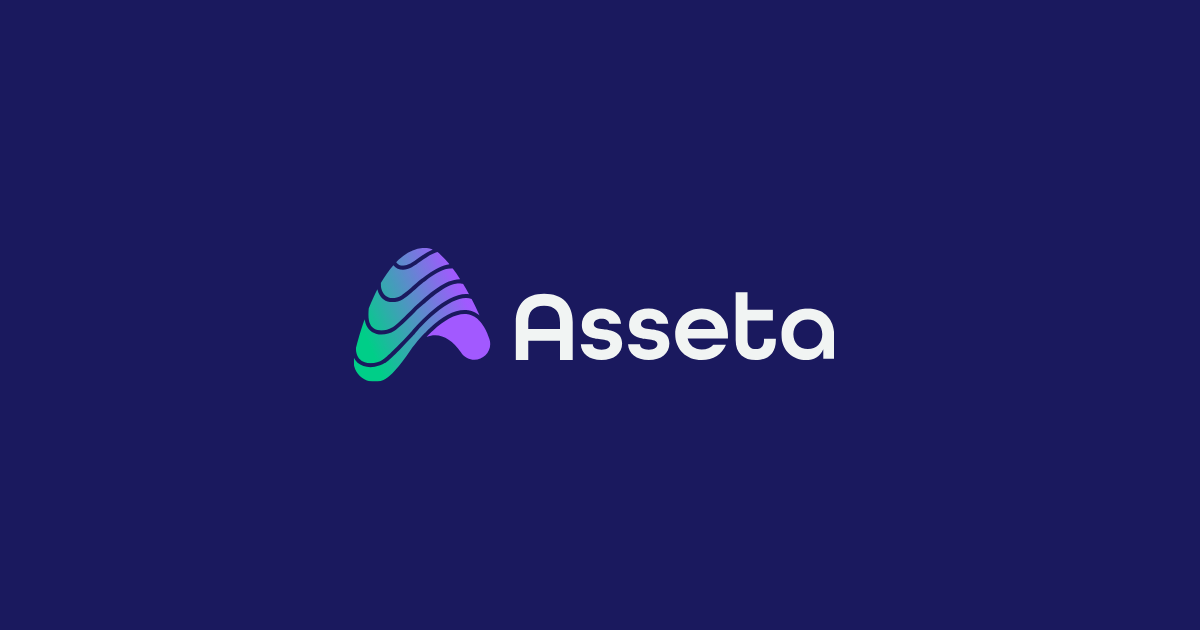By Melissa Angell, Inc. (TNS)
The new business tax account from the IRS, unveiled in late October, is expected to expand next year with a slate of new features that should make tax time a little smoother for entrepreneurs. The new features will allow companies to check their tax payment history, make payments, view notices, and enjoy the benefits that an individual tax account offers.
That will be welcome, given that the business account is currently available only to solopreneurs, and it’s not particularly useful. “They can log in, but it’s very basic right now,” says Richard Pianoforte, the managing director of tax at the New York City-based wealth management firm Fiduciary Trust International. “They can check their name and address for the company to make sure that it matches their records. They can actually give their accountant access to the account, but it’s pretty limited to that.” The IRS previously indicated that small business owners should be able to respond to dozens of online notices by 2024.
Even if you’re not a solopreneur, Pianoforte recommends that business owners establish an account now to make sure that the information they’re filing is in sync with what the IRS has. Once the new features roll in, business owners will already be set up and ready to go. To create an account, you need to have an employer identification number (EIN), which you can apply for online. You will need to answer some security questions and verify your identity with a photo ID. It shouldn’t take more than 15 minutes if you have the information on hand, Pianoforte adds.
The business account is expected to help entrepreneurs save hours in doing tax research. For example, if a business owner isn’t sure if they received a 1099 form from another entity, they can double-check that online. It’s also expected to help alleviate the general headache that businesses incur when trying to contact the IRS, points out Wendy Walker, a solution principal of the Wilmington, Massachusetts-based tax platform Sovos.
The account “is going to have a huge impact with respect to just having to sit hours on the phone or deal with penalty notices that take a year-and-a-half to get abated because they were probably issued in error to begin with,” Walker says. “Just a lot of busy work is going to go away with automation.”
______
(c) 2023 Mansueto Ventures LLC; Distributed by Tribune Content Agency LLC.
Thanks for reading CPA Practice Advisor!
Subscribe Already registered? Log In
Need more information? Read the FAQs




